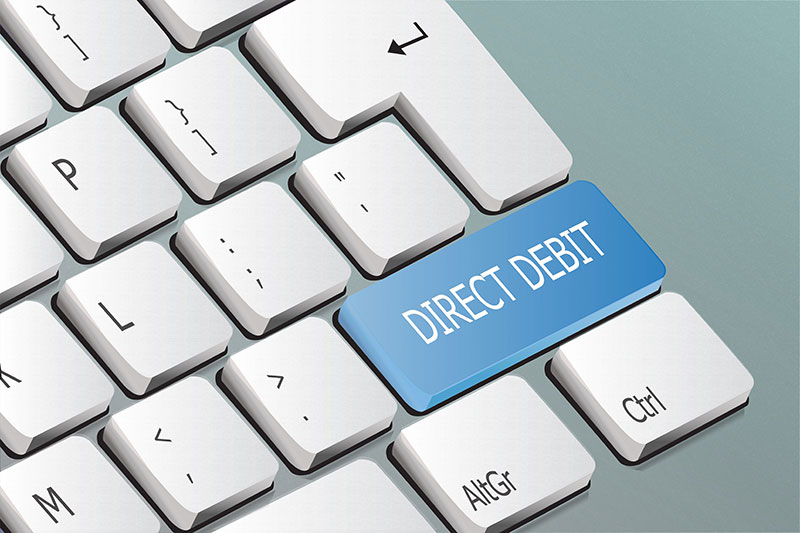Deciding to start a business is far from a small decision, there are umpteen factors which all have to be considered, from how you’re going to name your business, where it is going to be based, in what format is your business registered, how will it be financed, and even more importantly what your business does or is going to do.
But then there is another small factor to also consider.
Timing
So why should you consider timing as a factor?
Here’s an example, lets say you want to set up a retail store which will sell gift type items. When would the best time to launch be?
The January sales, the short month of February, March you might catch the Easter market, the same with April. By May things have started picking up a bit, money is more free flowing and most of the Christmas debts have been paid off. Your customer base however is starting to save for their big summer holiday, the same will run through June, July and August. Then September comes and it’s the panic over buying the new school uniform and extra school supplies. October sees the launch of the Christmas gift market which runs right through to the panic buying the night before Christmas.
Last year (2019) Asos reported a 38% rise in profits over the Christmas period. That is a huge chunk of profit. The funds a retail business raises in this period are highly important, they fund the quieter months of January and February.
It also means there’s no surprise that retailers want to try everything they can to extend the christmas season.
So if you were to set up a retail store, you wouldn’t be likely to launch it in January or February due to those being quiet months for retail spending and by the same token you also don’t want to launch into a mass of advertising around the christmas season either.
Thye trick is to launch at a time where it’s busy enough to sustain your business and create a presence in the mind of your customers. This also gives you the opportunity to create a relationship with your customer base. Having a good relationship with your consumers leads to more loyal customers and to word of mouth recommendations one of the most powerful methods of advertising.
Deciding the month to start your business is only half the battle, the second crucial part is in regard to your life, in particular financing.
Finances
Do you have the finances to back up your plan? Are you old enough to get a bank loan to start your business? Are you young enough to be able to access grants?
We’re told we should have three months to three years worth of savings in the bank to be able to pay all of our bills.
We’re advised to reduce down all of our spending to reduce the reliance on those savings.
And it’s also suggested that we start our businesses whilst in education, living with parents, or working.
By this token it would suggest that you need to be in an age bracket that allows you access to grants and loans, young enough that you still live at home with your parents and have a job to help sustain you.
Unfortunately not everyone has that luxury, nor even the desire to start a business at that age.
Redundancy, disability, unable to find work after education are also other reasons that people want to set up their own business even when their finances suggest it will be a challenge.
Limited funds however do not mean you can’t set up a business.
It simply means you have to get more creative.
Finding ways to reduce your outgoings, and cheaper way to produce your goods and services.
It also means that you look for other ways to reach your target audience. Through craft fairs, Sunday markets, car boot sales, pop up shops, space sharing, social media groups and so forth
Additionally limited funds also means you have a greater understanding of how fragile a business is and your growth will be slow an manageable. You’re also more likely to have a financial plan in place for what your profits will be spent on and when. Every decision will be purposeful and thought out.
Age
We’re told you need experience to set up a business? Along with needing the finances as mentioned above.
But at what age should you start your own business? Is there an age limit to starting your own business?
Well in all fairness it doesn’t matter. Experience you learn from doing and if you can’t get a job directly out of school how are you supposed to gain that experience.
Equally if you’re 10 or 100 and have a fantastic business idea why not set it up. It’s not the end of the world if it doesn’t work.
Okay so the 10 year old probably has more time to learn from mistakes than an 100 year old but still you get the gist.
The only suggestion with regard to age is the assumption that in your older years you have some finances to support yourself and are more likely to take advice from someone else.
Support
There’s a couple of issues regarding your age is the access to professional support, mentors cost money, some you can get on a grant basis, others want to be paid out of the success of your business and others just want paying upfront.
I’m no expert in mentors, I don’t have one, however I have found another way in which I can gain important insights and learn more about business without a mentor. Those resources are blogs from like-minded people who have walked the entrepreneurial road before me. Sites like Olivia.co and ByRegina.com are two which I recommend and use myself.
The key advantages to having a mentor is the specific advice you will get for your business and the accountability measures you also have.
Using online support you have to create your own accountability and find the advice you need, which sometimes can be difficult if you’re not exactly sure what you need.
Recession or Growth
In an ideal world there would never be a recession, but unfortunately this is part of the financial cycle.
So out of these two which is the best time to start a business?
Recession
Your customers don’t have as much spare cash to spend
Due to a lack of funds you learn how to reduce costs without cutting corners
Reductions in the number of businesses means more units are available for hire at reduced rents.
Your suppliers are cheaper to try
Access to loans is tougher but they also have lower interest rates
You will be more stable than a business started in growth during another recession
Growth
Customers have more spare cash to spend
High demand for units raises the rental prices
More options for suppliers but costs are also likely to increase
Loans have become more expensive from increased interest rates
You will also have more competitors for the same customer base, equally you can team up with some of your competitors who are similar but not exactly the same with your marketing efforts
Final Thoughts
Essentially the best time to set up a business is when you are ready, there are opportunities and challenges no matter when you start your own business. Age is far from a factor as successful businesses can be owned and run by anyone of any age who has an understanding of business.




